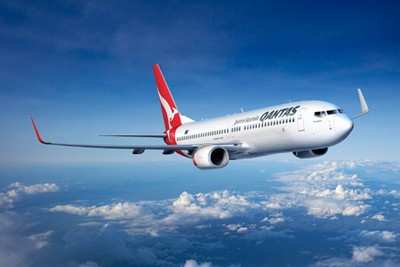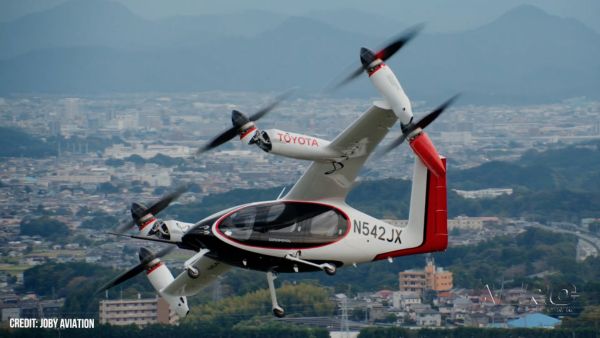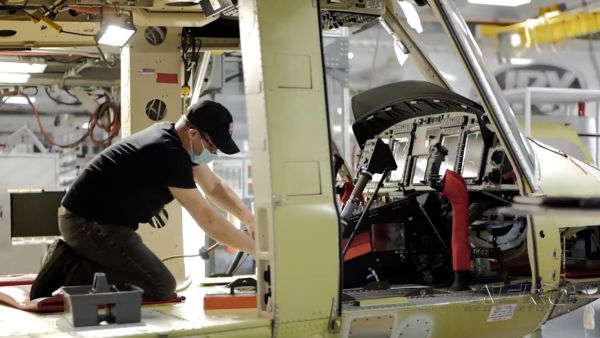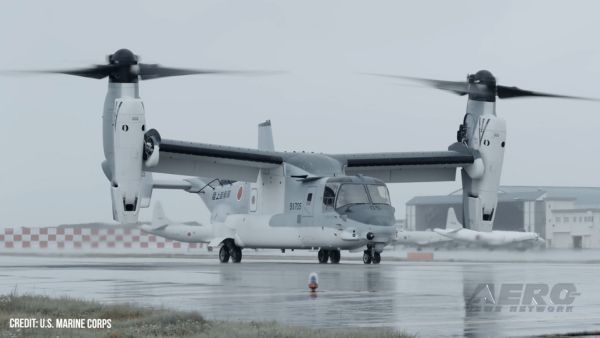Sat, Apr 14, 2012
Operates First Biofuel Flight From Sidney To Adelaide
Qantas announced today that it will conduct a feasibility study into the potential for an Australian sustainable aviation fuel industry, backed by funding from the Australian Government. The Hon Martin Ferguson MP, Minister for Resources, Energy and Tourism, announced the government’s support for the study Friday morning. He was speaking ahead of Australia’s first flight powered by sustainable aviation fuel, operated by Qantas from Sydney to Adelaide using a fuel type derived from recycled cooking oil.

Qantas CEO Alan Joyce said the project would explore the conditions needed for the production of aviation biofuel from sustainable sources within Australia. “Today is a historic occasion in Australian aviation,” Joyce said. “We are delighted to be operating Australia’s first sustainable aviation fuel flights and to be launching a study into the feasibility of producing such fuel in this country. Alternatives to conventional jet fuel are vital to the aviation industry meeting ambitious targets for carbon-neutral growth and emissions reduction. Australia has the skills, resources and infrastructure to take a lead in this emerging sector, which the CSIRO has estimated could generate up to 12,000 jobs over the next 20 years.
"But there are also significant challenges – which is why we need to establish a clear plan," he continued. "Until sustainable aviation fuel is produced commercially at a price competitive with conventional jet fuel, we will not be able to realise its true benefits. This study aims to tell us how that can be achieved in Australia.”
QF1121 departed Sydney at 1020 local time Friday, and arrived in Adelaide at 1205. The return flight, QF1120, departed Adelaide at 1335, arriving in Sydney at 1600pm.
On 19 April, Jetstar flights JQ705 and JQ706 from Melbourne to Hobart and back will be powered by the same fuel type used in today’s Qantas flights, underlining the Qantas Group’s commitment to sustainable aviation fuel.
Supplied by SkyNRG, the fuel type is a 50/50 blend of biofuel and conventional jet fuel certified for use in commercial aviation. Its ‘life cycle’ carbon footprint is around 60 per cent smaller than that of conventional jet fuel. Government funding for the study will be allocated under the Emerging Renewables Program, while Shell will provide technical support. The study will commence in May.
More News
Aero Linx: Vertical Aviation Safety Team (VAST) The Vertical Aviation Safety Team (VAST) is a public–private initiative to enhance worldwide flight operations safety in all s>[...]
Maximum Authorized Altitude A published altitude representing the maximum usable altitude or flight level for an airspace structure or route segment. It is the highest altitude on >[...]
“The final hole size matched-drilled technology ensures that all parts align perfectly, reducing the need for measurements and adjustments. This advancement not only saves ti>[...]
Also: EAA Scholarship, Keewatin Air Pilots, Bell Textron Donates, Capt. Judy Cameron Scholarship On December 1, 2024, the FAA will be finalizing major changes for current and futur>[...]
An SnF2023 Favorite (YouTube Edition): The Stearman Storyteller A young Dutch boy looked on, rapt with amazement, as a T-6 pilot flew an aerobatic routine during an airshow long lo>[...]
 ANN's Daily Aero-Linx (11.07.24)
ANN's Daily Aero-Linx (11.07.24) ANN's Daily Aero-Term (11.07.24): Maximum Authorized Altitude
ANN's Daily Aero-Term (11.07.24): Maximum Authorized Altitude Aero-News: Quote of the Day (11.08.24)
Aero-News: Quote of the Day (11.08.24) Airborne-Flight Training 11.07.24: CFI Changes, DPE Symposium, Evektor Harmony
Airborne-Flight Training 11.07.24: CFI Changes, DPE Symposium, Evektor Harmony Classic Aero-TV: Of Old Crows and Young Hearts
Classic Aero-TV: Of Old Crows and Young Hearts



